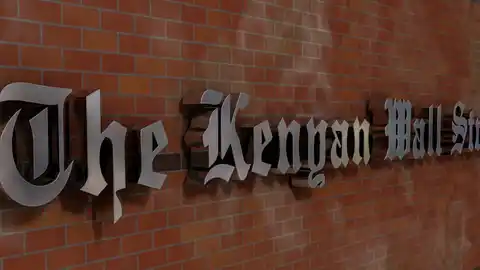Infrastructure solutions provider Africa Finance Corporation (AFC) has raised US$400mn Murabaha Islamic financing facility from 11 institutions.
- •The facility was raised from the initial US$300mn to US$400mn due to a 47% oversubscription in a round led by Abu Dhabi Islamic Bank, Emirates Islamic Bank and Al Rajhi Bank.
- •In 2017, AFC raised a US$230mn Sukuk, in the first ever such move by a supranational entity on the continent.
- •Murabaha structures, similar to other Sharia-compliant structures, are asset-backed and expressly prohibit speculative practices.
“Islamic finance plays a growing role in our funding strategy, helping us tap into a diverse pool of investors who share AFC’s commitment to sustainable and responsible investing,” said Banji Fehintola, Executive Board Member and Head of Financial Services at AFC.
Murabaha structures, also known cost-plus financing, allow fixing the price of goods or items with a pre-agreed profit margin. It is the most common form of Islamic financing, as it allows customers to buy assets or services on deferred payment terms at an agreed-upon margin for the lender.
According to AFC, the 3-year financing will be deployed to accelerate industrialisation, infrastructure development and economic growth. AFC’s projects include Xlinks in Morocco, and Lekela Power in Egypt, which is targeting 3GW of renewable energy by 2026.
The growth of Islamic financing from Arab countries looking to invest in Africa’s energy transition has seen investments in different clean energy projects on the continent. Saudi Arabia’s ACWA Power is developing desalination and clean energy projects in different parts of the content, while the UAE’s Masdar has committed $10bn to deliver 10GW of clean energy on the continent in the next five years.
In 2023, the Islamic financial services industry reach US$3.38 trillion in assets, driven primarily by banking, sukuk markets, and insurance. The Gulf Cooperation Council region accounts for more than half of these assets, followed by East Asia and the Pacific, and Middle East and North Africa.




